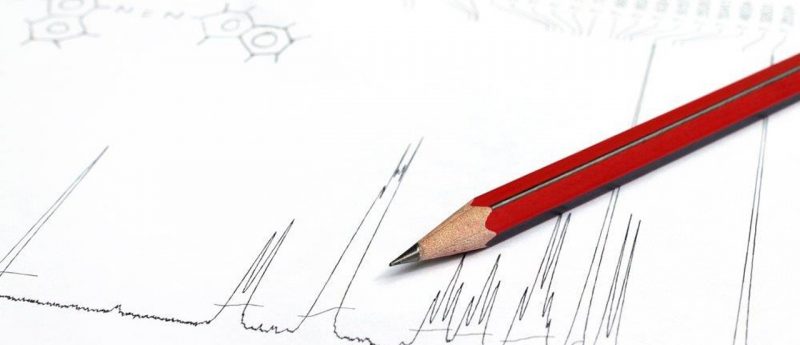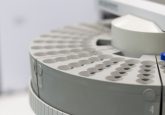Application note: Using Temperature to Improve Peak Shape of Hydrophobic Proteins in Reversed-Phase HPLC (Sigma-Aldrich)

![]() Temperature has been used in reversed-phase HPLC (RPC) to improve peak shape and efficiency for small MW compounds and has also been found generally beneficial in terms of reducing analysis time, albeit at the general cost of lowering selectivity. With proteins, peak shape in RPC is generally enhanced by parameters that stabilize a single denatured state. Temperature is one way that can dramatically affect the tertiary and quaternary structure of proteins, and thus a “denatured state”.
Temperature has been used in reversed-phase HPLC (RPC) to improve peak shape and efficiency for small MW compounds and has also been found generally beneficial in terms of reducing analysis time, albeit at the general cost of lowering selectivity. With proteins, peak shape in RPC is generally enhanced by parameters that stabilize a single denatured state. Temperature is one way that can dramatically affect the tertiary and quaternary structure of proteins, and thus a “denatured state”.
As such, we investigated the impact of column temperature (up to 90ºC) on RPC of several globular proteins and monoclonal antibodies (mAbs). While retention decreases with increasing temperature, peak shape of most proteins was dramatically affected by temperature. However, when operated under optimal conditions, peak shape and resolution of antibodies on several commercial columns was superior on a BIOshell™, wide pore Fused-Core® column.
In general, under optimal conditions, the wide pore Fused-Core column exhibited narrower peak widths, higher peak heights, better resolution, and thus greater sensitivity.





